New measures from the National Bank of Romania
The National Bank of Romania has again decided to reduce the monetary policy interest rate to a historic low of 2.5%.

Corina Cristea, 08.01.2015, 13:33
In their first monetary policy meeting in 2015, the Board of the National Bank of Romania decided to slash the monetary policy interest rate from 2.75% to a new historic low of 2.5%, starting on January 8th. The move proves the Central Bank’s consistency with regard to boosting lending in the national currency. In 2014, the National Bank reduced the monetary policy interest rate several times, bringing it down from 4% to 2.75%. Also in 2014, the Bank reduced the rates on minimum compulsory reserves, both in the national and in hard currencies, and the rates have stayed unchanged since.
According to the Central Bank Governor Mugur Isarescu, the decision to reduce the interest rate was the result of a drop in the annual inflation rate, which went below the estimated values, following the decline in volatile prices and the low inflation rate in the Eurozone. Governor Mugur Isarescu:
“In November 2014, the annual rate of inflation dropped to 1.26%, from 1.44% in October. Also in November 2014, the average annual rate of inflation was 1.1%, slightly lower than 1.2% as it had been recorded in the previous month. The average annual inflation rate, which is established on the basis of the Harmonised Index of Consumer Prices, an indicator of inflation and price stability also used to assess the convergence criteria in the EU, stood at 1.4%”.
However, Romania’s economy needs other measures as well in order to get stronger. Mugur Isarescu again:
“The National Bank of Romania’s Board believe that a proper mix of economic policies, in line with the provisions of the agreements on external funding, alongside a sustainable process of financial mediation and a proper remuneration of bank deposits, are essential for the consolidation of the Romanian economy and for rendering it stronger to external shocks.”
The national currency’s exchange rate against the Euro was stable all through the year 2014, and the annual growth rate of crediting in the national currency went up, Mugur Isarescu also said. At the same time, though, the private sector did not benefit from loans as the credit stocks in hard currencies decreased, and a process was initiated to eliminate bad loans. Talking about the situation in Greece, the Governor said Romania must be aware of the threat it poses to its economy. However, Isarescu also stressed, the National Bank of Romania has the necessary tools to manage potential threats.






























